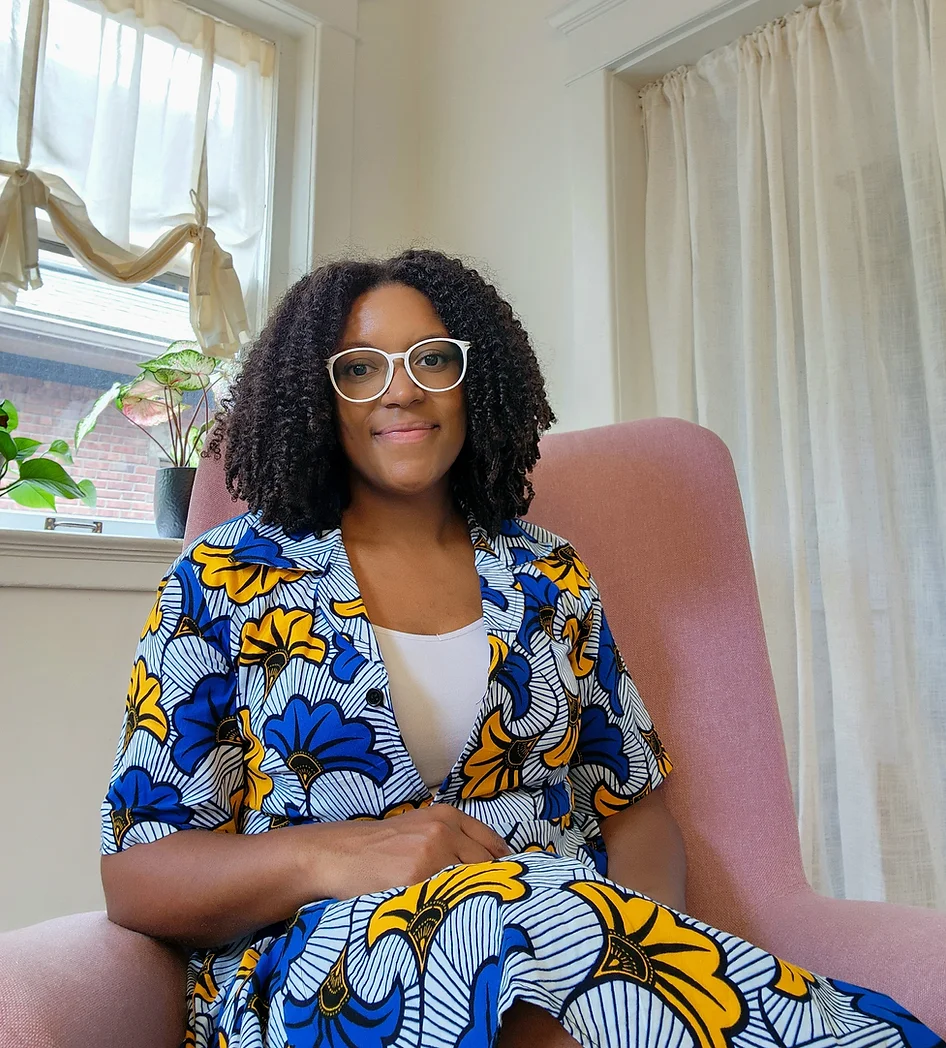PACEs: How Protective and Compensatory Experiences Influence ACEs
Room
Speaker(s):
Dickson, Desiree
Cannon, Valerie
Description:
This presentation looks at how PACEs (protective and compensatory experiences) can aid in buffering the effects of adverse childhood experiences (ACEs). This presentation also dives into the history of ACEs, the current impact of ACEs, how resiliency is incredibly important when looking at childhood trauma, what PACEs are, and how PACEs can be applied on a practical level when interacting with clients. This includes looking at how PACEs can be applied throughout the lifespan, from birth- adulthood.
Objectives
1. Define ACEs
2. Describe the Concept of Resilience
3. Describe how to promote resilience through PACEs



